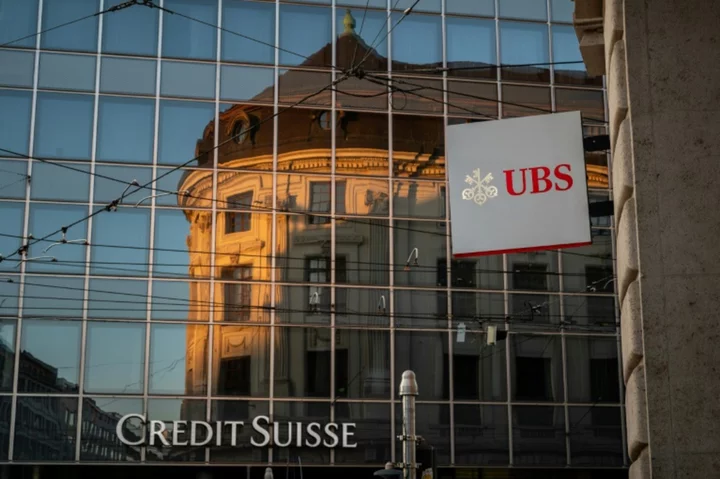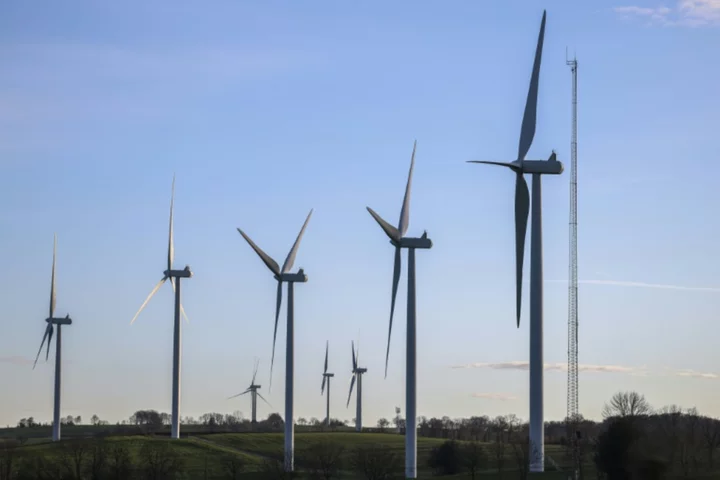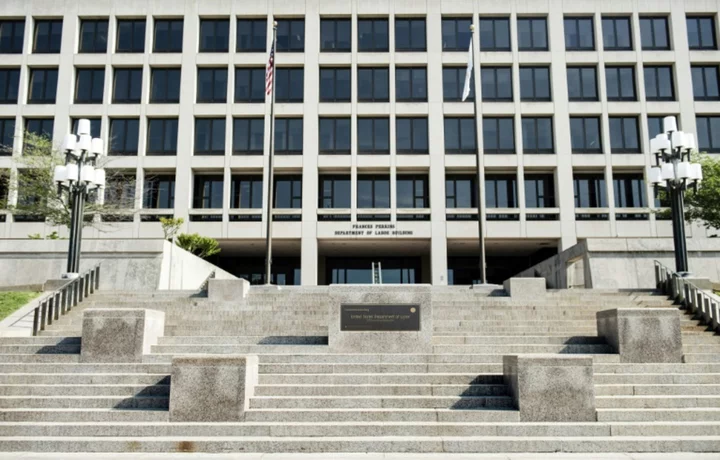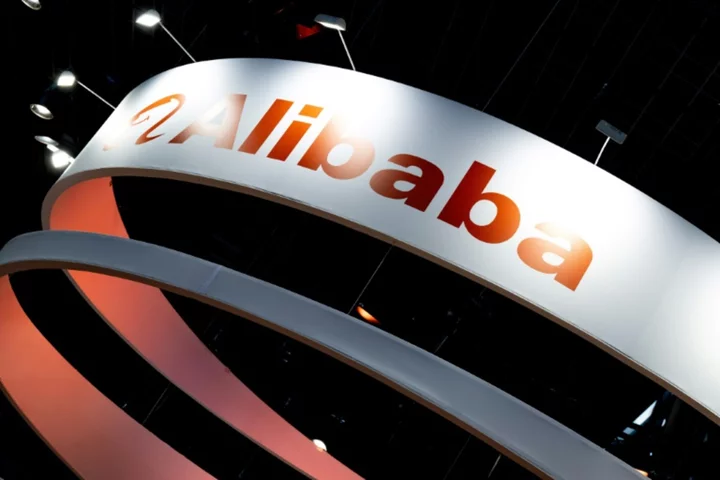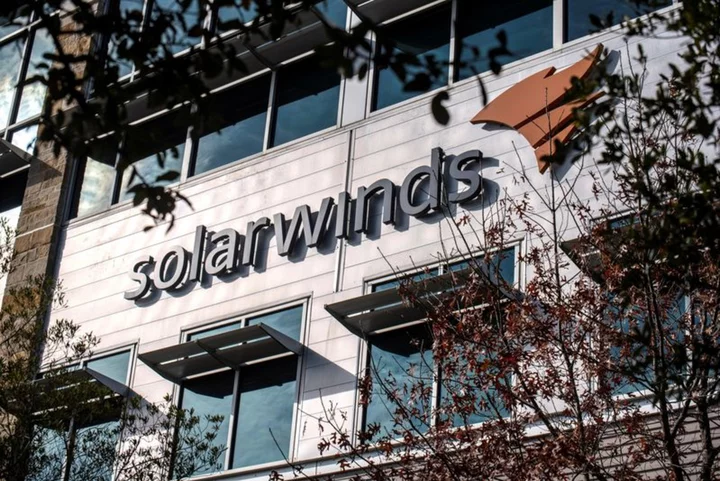ESports' inclusion as a medal event at the Hangzhou Asian Games was hailed as a landmark, but out of nearly 500 gamers for what is supposed to be a mixed-sex competition, just eight are women.
Excited video-game fans thronged a shiny new arena in the Chinese city on Sunday as eSports made its debut at the Games as a medal event, seen as a major step toward Olympic status.
But while the fledgling sport has made great strides in official recognition, fans say it has a long way to go when it comes to women.
Large numbers of young women turned out for the first day of matches at the specially constructed China Hangzhou Esports Center, picking out souvenir pins from the stadium shop and posing with staff dressed as characters from the wildly popular Arena of Valor game.
Their enthusiasm made the gender imbalance on stage all the more striking.
Only two women, Sabina Ibragimova of Uzbekistan and Nguyen Thi Phuong Yen of Vietnam, were scheduled to play during the dozens of officially mixed-gender games on Sunday.
"Lots of competitions are pioneered by men, and then only after slowly expanding do they let women participate," Pan Yuxuan, a 25-year-old gaming enthusiast who was among the spectators, told AFP.
She said women frequently face discrimination from male players.
- Role models -
The global video-game industry, along with the player community, has for years had a reputation of being a "boys' club".
The 2014 "GamerGate" saga involving online harassment evolved into a fierce debate about sexism and racism in video games and the male-dominated industry that makes them.
Even when they make it to eSports' top ranks, women face assumptions of lower skill levels compared to male players, as in the case of star Overwatch player Kim "Geguri" Se-yeon.
She was accused of cheating in 2016 by opponents who thought her movements were too precise to have been unassisted -- all because she was a woman.
It's a mindset so pervasive that it is internalised by some women gamers despite lack of scientific evidence, with 18-year-old Zhu Lijing telling AFP that she thought "biologically men might be better than women in terms of their reflexes".
Women make up 37 percent of gamers in Asia, according to video game market research firm Niko Partners, with the proportion as high as 48 percent in China.
But at the Asian Games that ratio is dramatically lower.
- 'Give them a chance' -
Chen Shuhong, a 22-year-old longtime video-game fan who attended Sunday's matches, said she believed that greater representation at professional events could encourage more women fans to make the leap from casual gaming to competitive playing.
"When there are more and more women on stage, girls see that their eSports skills are actually quite good... and more and more will become athletes," Chen told AFP.
Fellow spectator Tong, a 30-year-old Arena of Valor player, said she thought there could be "more eSports competitions specifically for women", similar to many other sports.
Tournament organisers have increasingly answered the call for women-only events in recent years, including the International Esports Federation Female Asian Championship in Saudi Arabia this year.
Aside from competitions, gaming enthusiast Pan said she was encouraged by a boom in women livestream gamers, especially in China.
"If these very impressive women players promote themselves it will help people realise that girls can play games -- you just need to give them a chance."
tjx/pst



